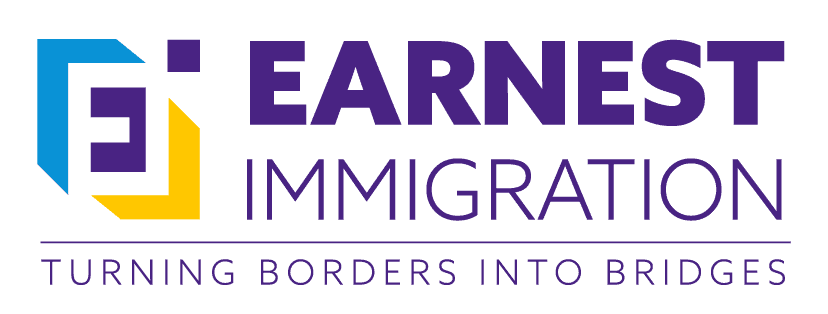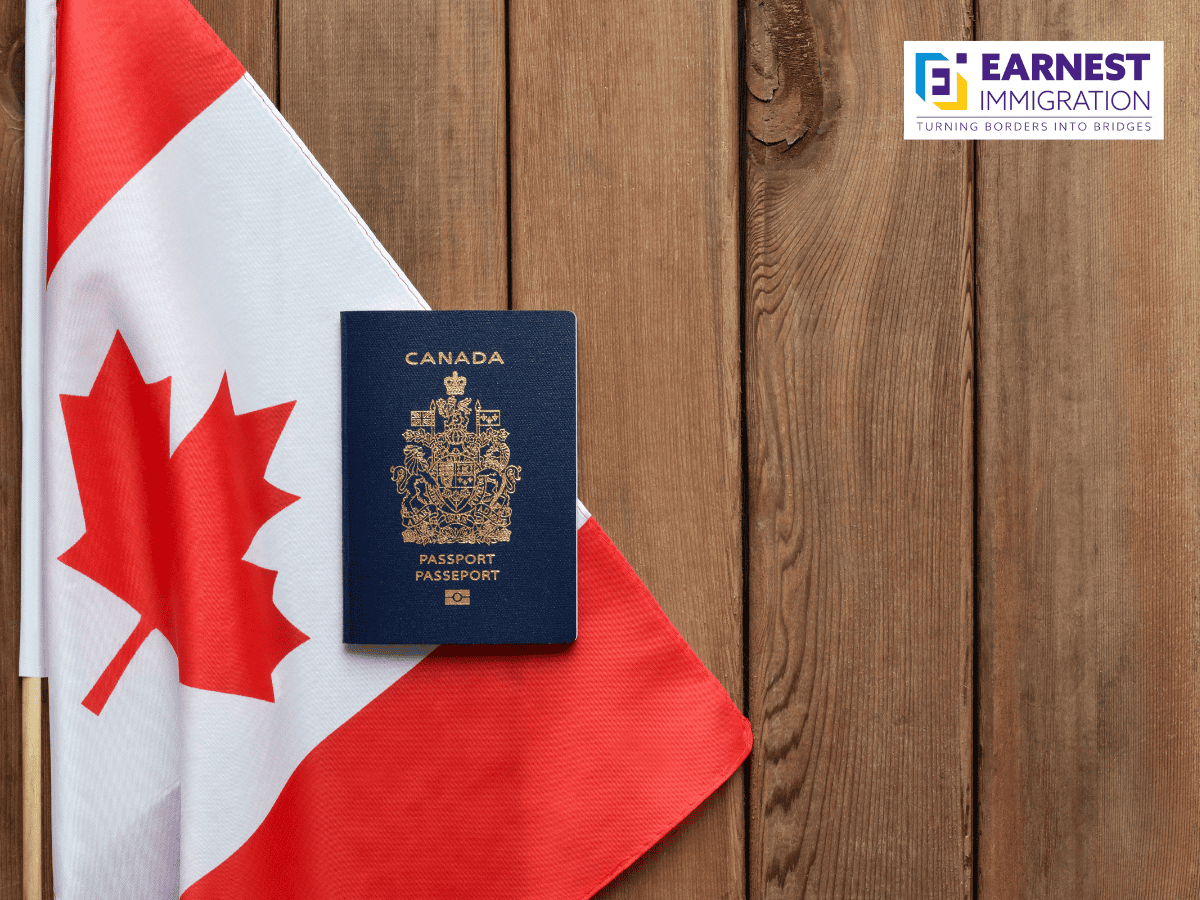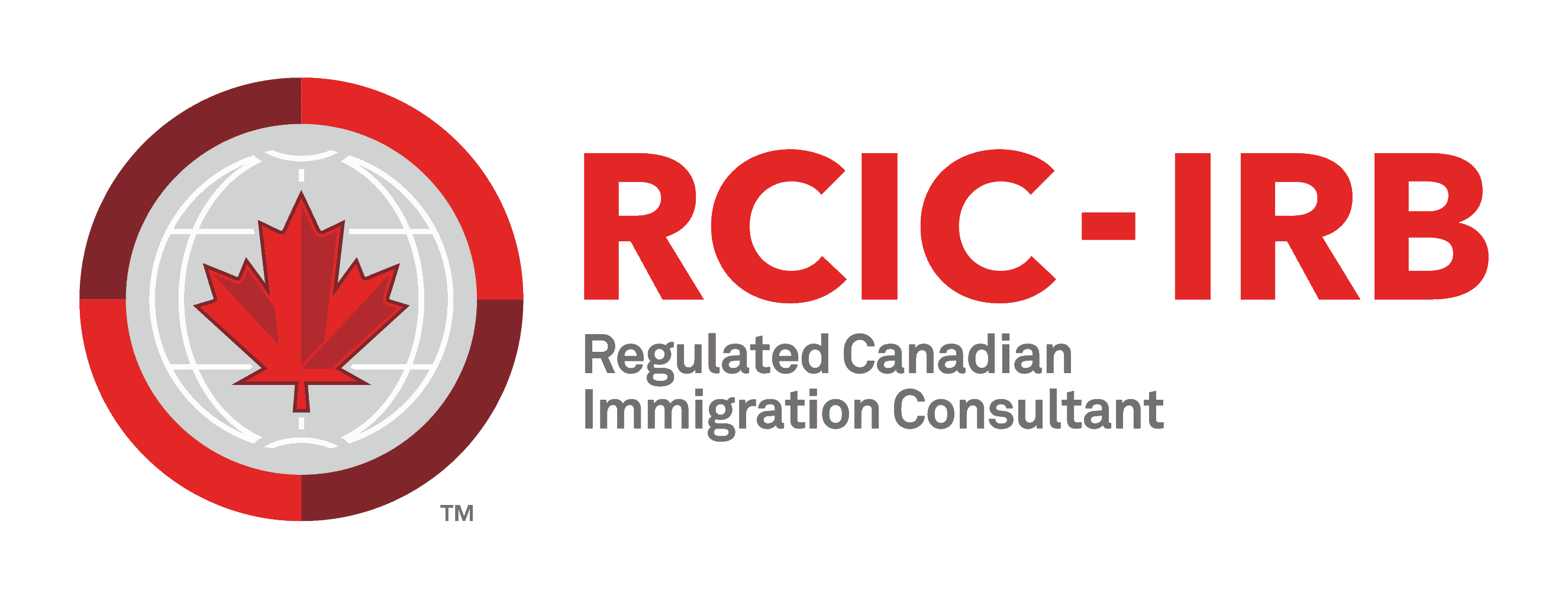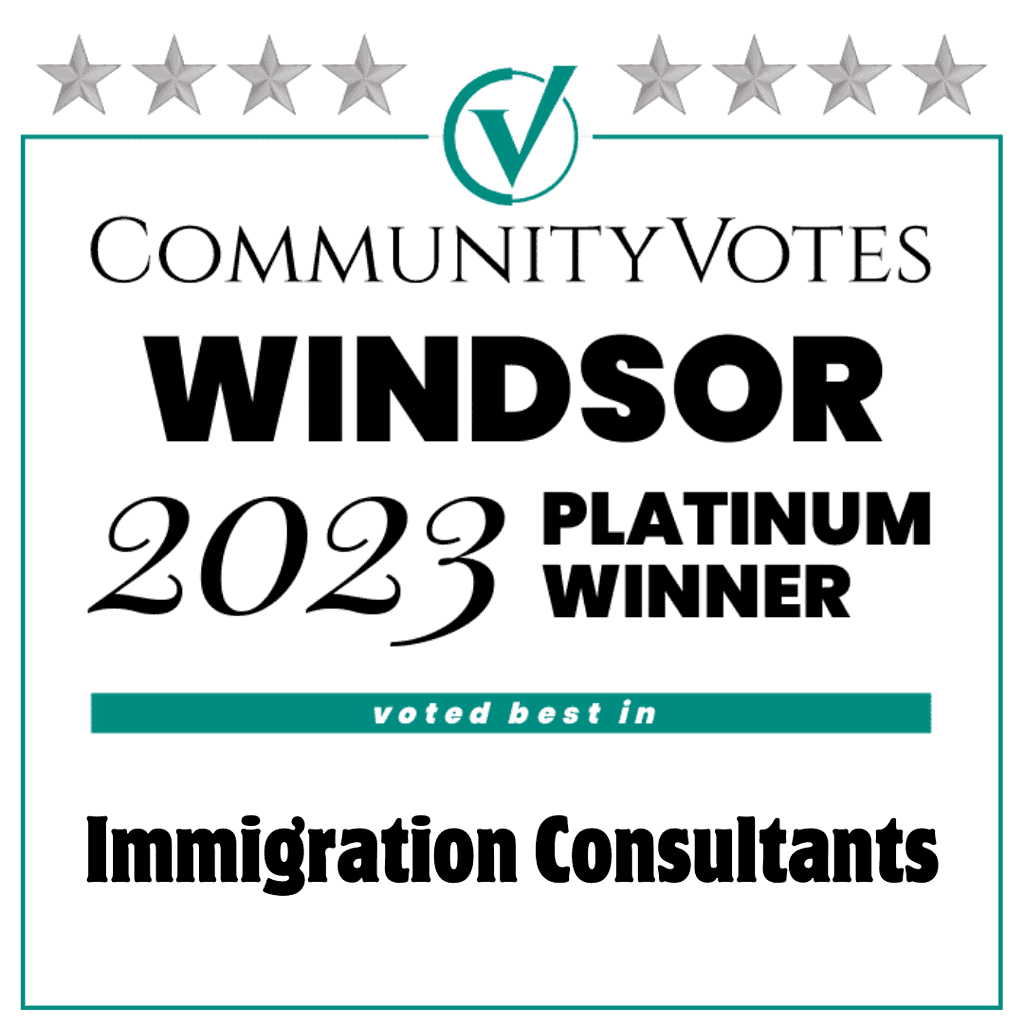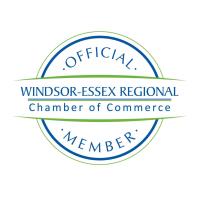When you’re considering immigration to Canada, choosing the right province can significantly impact your experience and success. You’ll want to assess your skills and qualifications in relation to local job markets and in-demand occupations. It’s equally essential to factor in lifestyle preferences, climate, and community support systems, as these elements will shape your day-to-day life. As you weigh these considerations, you’ll discover that the decision isn’t as straightforward as it seems—there are nuances that could make all the difference in your journey. What might those be?
Table of Contents
ToggleAssess Your Skills and Qualifications
When considering Canadian immigration, the first step is to assess your skills and qualifications. Take a close look at your education, work experience, and any specialized training you have.
Make a comprehensive list of your skills, including both hard and soft skills. This self-assessment will help you understand where you stand and what you can offer to potential employers in Canada.
Next, think about how your skills align with Canadian immigration requirements. Different provinces have different demands for labor. Research which skills are in high demand in various regions.
This won’t only help you identify potential job opportunities but also guide your immigration process.
Don’t forget to evaluate your language proficiency, as English and French are essential for many jobs. If necessary, consider taking language courses or tests to improve your chances. The accepted language tests for Canadian immigration are IELTS General Training, CELPIP General Test, PTE Core, TEF Canada, TCF Canada
Finally, gather documentation that supports your qualifications, such as diplomas, certificates, and reference letters. This documentation will be crucial during the immigration process, as it demonstrates your readiness to contribute to Canada’s economy.
Explore Job Market Opportunities
After assessing your skills and qualifications, it’s time to explore job market opportunities across Canada. Each province offers unique industries and job prospects, so understanding where your skills fit is crucial.
Start by researching provinces known for your field. For instance, if you’re in tech, British Columbia and Ontario have booming tech sectors. If healthcare is your area, consider Alberta or Quebec, both of which are investing heavily in their medical infrastructure.
Utilize job search platforms like Indeed or LinkedIn to gauge demand for your profession in different provinces. Don’t forget to check local government websites, which often list in-demand occupations and labour market information.
Networking is also key; connect with local professionals through online forums or social media groups focused on your industry.
Consider job availability, salary expectations, and advancement opportunities. Look into companies that interest you and read employee reviews.
Don’t overlook the importance of company culture and work-life balance in your decision-making process. By thoroughly exploring these job market opportunities, you’ll make a more informed choice about which province aligns best with your career goals.
Consider Climate and Lifestyle
Canada’s diverse climate and lifestyle can significantly impact your experience as an immigrant. When choosing a province, think about the weather patterns that suit you best. If you prefer milder winters and warm summers, consider British Columbia or Ontario. They offer more temperate climates compared to the harsher winters in provinces like Manitoba or Saskatchewan.
Lifestyle is just as crucial. Some provinces, like Quebec, are rich in culture and history, providing a vibrant urban experience with festivals and art scenes. Others, like Alberta, offer stunning natural landscapes and outdoor activities that cater to nature lovers.
Consider how you want to spend your free time. Do you enjoy a bustling city life, or do you prefer a quieter, rural setting? Provinces vary in recreational options, from hiking and skiing in the Rockies to enjoying the beaches in the Maritimes.
Lastly, think about community. Some areas have large immigrant populations that can ease your transition, while others may be less diverse. Being comfortable in your environment will make a huge difference in how you adapt to your new life in Canada.
Evaluate Cost of Living
Finding the right province for your new life in Canada also involves a careful look at the cost of living. Each province has its own unique expenses, ranging from housing and transportation to groceries and healthcare.
You’ll want to compare these costs to get a clear picture of what your budget will look like in different areas.
Begin by researching average rent prices or home costs in the provinces you’re considering. Urban centers often have higher housing prices, so if you’re looking to save, you might want to explore smaller towns or rural areas.
Don’t forget to factor in utilities and property taxes, as these can vary significantly.
Next, look into the average costs of everyday essentials like food and transportation. Some provinces might have higher grocery prices, while others might offer more affordable public transit.
Remember to think about health insurance and other monthly expenses that could impact your overall budget.
Research Community and Support Systems
When choosing a province for your new life in Canada, it’s essential to research the community and support systems available to newcomers. Start by looking into local organizations that help immigrants settle in. These groups often provide resources like job placement services, language classes, and cultural integration programs. Knowing your options can make your transition smoother.
Next, explore the local community’s diversity and inclusivity. Some provinces may have vibrant multicultural neighborhoods where you can connect with others from your home country. This sense of belonging can significantly impact your overall happiness and comfort.
Don’t forget about social support systems. Look for community centers, religious organizations, or cultural associations that offer networks for social interaction. Engaging with these groups can help you build friendships and establish a sense of community.
Lastly, consider the availability of healthcare services, educational institutions, and recreational facilities. These resources play a vital role in your daily life and overall well-being.
Conclusion
In conclusion, selecting the best province for Canadian immigration involves careful consideration of your skills, job opportunities, and personal preferences. By assessing the job market, climate, cost of living, and community support, you can make an informed decision that aligns with your lifestyle. Take the time to research each province thoroughly, ensuring your choice not only meets your professional goals but also enhances your overall quality of life in Canada. Embrace the journey ahead!
